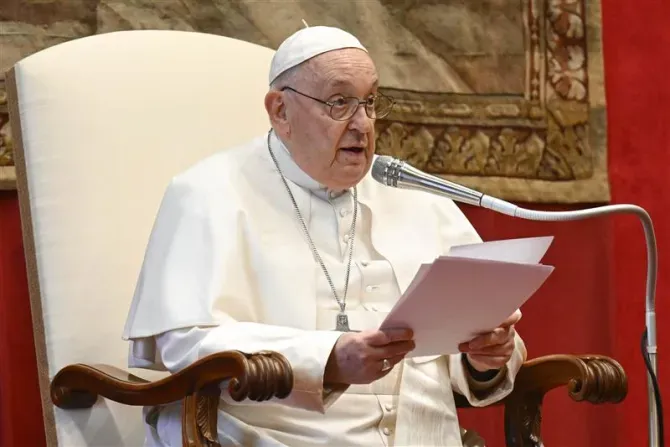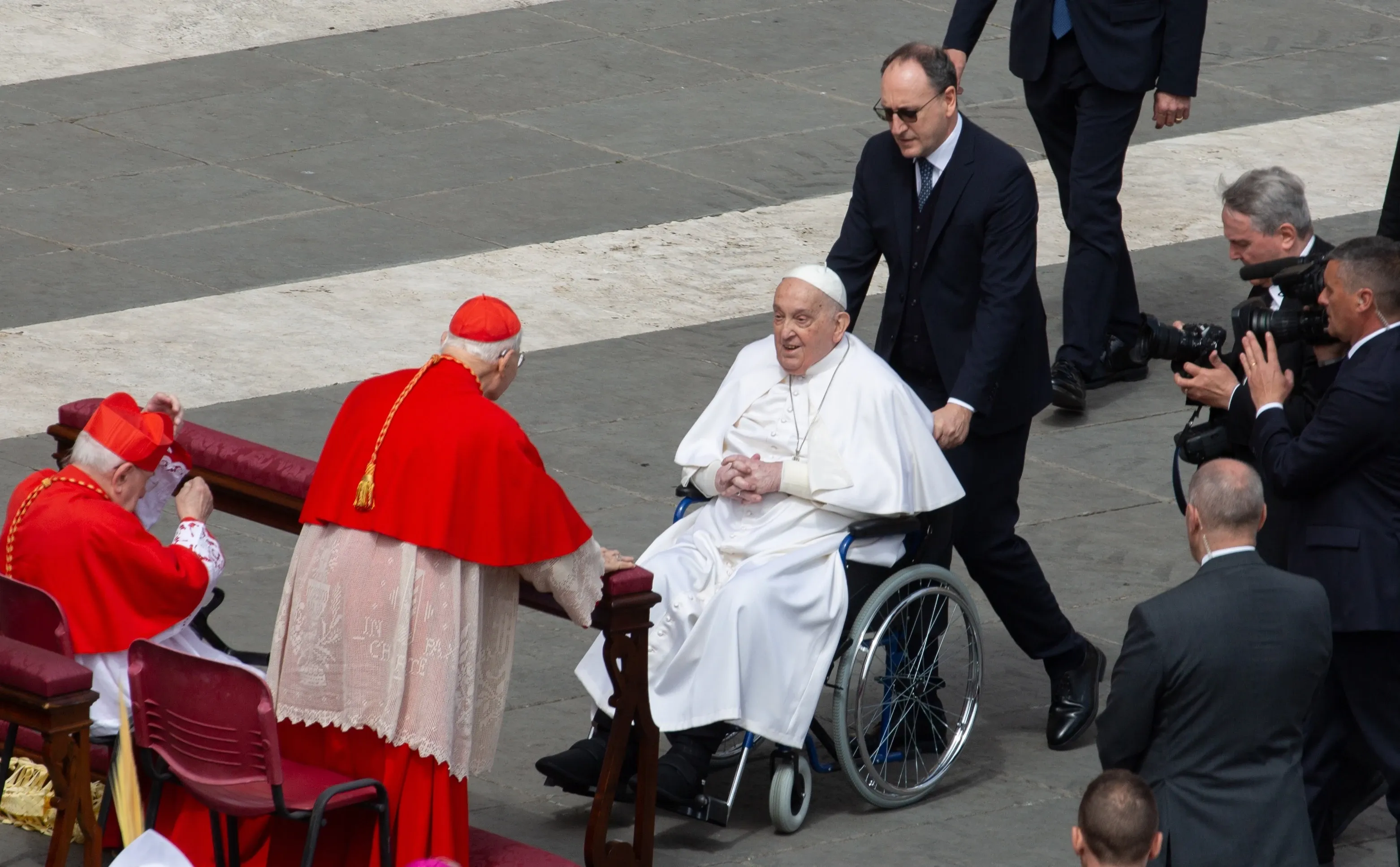Francis’ letter touched upon many of the core themes of his pontificate, including the climate crisis, global food scarcity, economic inequality, and the exploitation of laborers in developing countries.
“The exploitation of natural resources continues to enrich a few while leaving entire populations, who are the natural beneficiaries of these resources, in a state of destitution and poverty,” Francis wrote.
The pope’s letter went on to also highlight the massive social changes brought about by the globalization of financial markets, which has “demonstrated the interdependence of the world’s nations and peoples.” The Holy Father appealed for a “fundamentally moral dimension” that “must make itself felt in the economic, cultural, political, and religious discussions that aim to shape the future of the international community.”
Speaking to the importance of harmonizing state policy and business practices to arrive at more sustainable models of growth and economic development, the pope reiterated that these new economic paradigms must be “farsighted” and “ethically sound,” which “by their very nature must entail subordinating the pursuit of power and individual gain, be it political or economic, to the common good of our human family, giving priority to the poor, the needy, and those in the most vulnerable situations.”
Pope Francis also emphasized the role nongovernmental organizations (NGOs) and intergovernmental organizations (IGOs) play as critical stakeholders in advancing social and economic development.
The Holy Father wrote that they must be free “to exercise their functions of control and guidance in the economic sector, since the achievement of the common good is an objective beyond the reach of individual states, even those that are dominant in terms of power, wealth, and political strength.”
“International organizations are also challenged to ensure the achievement of that equality, which is the basis of the right of all to participate in the process of full development, with due respect for legitimate differences,” the letter continued.
The World Economic Forum (WEF) was founded in 1971 by Klaus Schawab, a Swiss-German economist and engineer, to foster greater cooperation between private and public entities to confront political, economic, and social issues at the national, regional, and international levels.
The annual meeting — which is held every year in Davos, Switzerland — is attended by many of the world’s elite including heads of state, CEOs of Fortune 100 companies, financial leaders, the heads of some international organizations, and major cultural personalities.
In previous years the event has been attended by U.S. presidents including Donald Trump in 2018 and 2020 and Bill Clinton in 2000. President Joe Biden has not attended the event since taking office.








